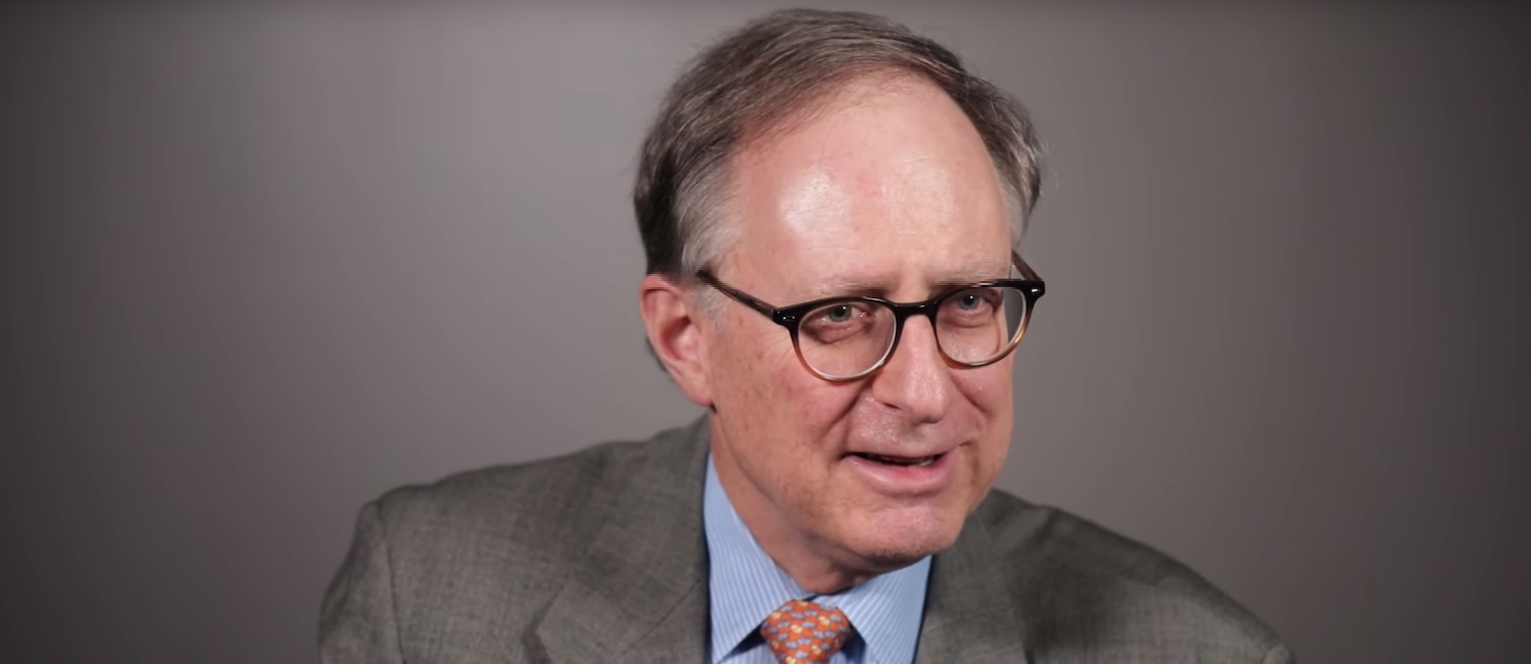
Living History with Ambassador Alexander Vershbow
Finding Ways to See Eye to Eye: Navigating Through Strained Relationships
This Living History interview features an interview with Alexander “Sandy” Vershbow, the former U.S. ambassador to South Korea (2005-2008). He also served as the deputy secretary general of NATO (2012-2016), the U.S. assistant secretary of defense for international security affairs (2009-2012), the U.S. ambassador to Russia (2001-2005), and the U.S. ambassador to NATO (1998-2001).
Ambassador Vershbow reflects on how his experiences with NATO helped shape his work on bolstering the U.S.-ROK alliance during his post in South Korea and his thoughts on the current U.S. attitude towards its allies. He also tells personal accounts of his role in navigating strained relationships between U.S. president George W. Bush and ROK president Roh Moo-hyun while trying to negotiate key policies such as the Korea-U.S. Free Trade Agreement (KORUS FTA) as well as how circumstances at the time led to major riots in South Korea.
Ambassador Vershbow goes on to reveal his “diplomatic secret weapon” and unconventional ways he was able to establish rapport with South Korean citizens after a rocky start to his post as the U.S. ambassador to South Korea. Please see below for more on this unique and personal interview with Ambassador Vershbow.
Ambassador Alexander “Sandy” Vershbow is a distinguished fellow at the Scowcroft Center for Strategy and Security. Ambassador Vershbow was the deputy secretary general of NATO from February 2012 to October 2016.
Prior to his post at NATO, Ambassador Vershbow served for three years as the US assistant secretary of defense for international security affairs. In that position, he was responsible for coordinating US security and defense policies relating to the nations and international organizations of Europe (including NATO), the Middle East, and Africa.
From 1977 to 2008, Vershbow was a career member of the United States Foreign Service. He served as US ambassador to NATO (1998-2001); to the Russian Federation (2001-05); and to the Republic of Korea (2005-08). He held numerous senior positions in Washington, including special assistant to the president and senior director for European affairs at the National Security Council (1994-97) and State Department director for Soviet Union affairs (1988-91). During his career, he was centrally involved in strengthening US defense relations with allies in Europe and Asia and in transforming NATO and other European security organizations to meet post-Cold War challenges. He also was involved in efforts to support democracy and human rights in the former Soviet Union.
